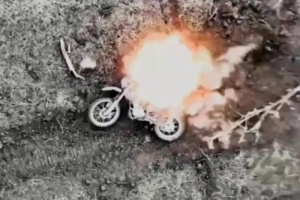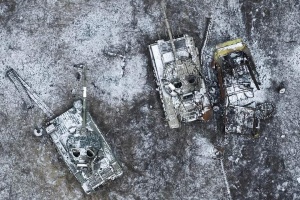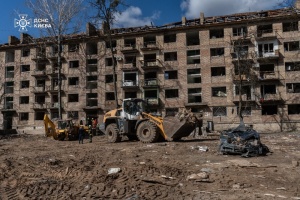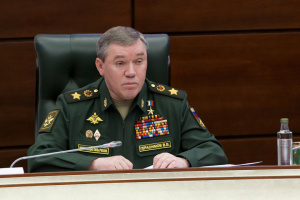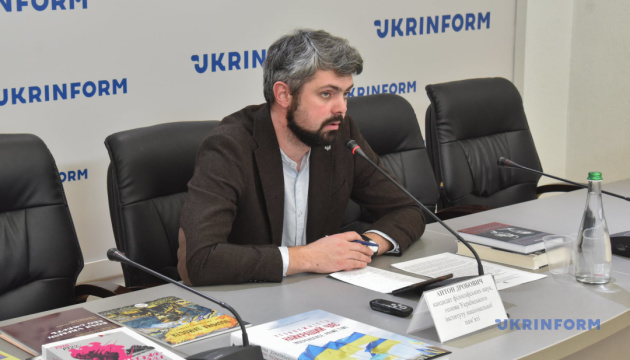
War crimes, political repression, genocide - Remembrance Institute chief on Russian aggression in Ukraine
This was emphasized by the chief of the Ukrainian Institute of National Remembrance, Anton Drobovych, who spoke on the air of the national telethon, according to Ukrinform.
"On the one hand, there are all signs of war crimes. Secondly, if Russian occupiers come in and establish temporary control over certain territories, then all responsibility for the situation of those territories rests with the occupying power. Accordingly, if mayors are kidnapped, textbooks are burned, and people are banned from speaking Ukrainian, these are all signs of political repression. In some cases, when people are persecuted and killed for being Ukrainians, these are signs of genocide," Drobovych said.
The official noted that the damage inflicted is huge as this can result in intergenerational trauma, greatly undermining trust between people.
"Therefore, we will be able to measure these humanitarian implications, as far as soft power is concerned, only when the relevant research is completed and the relevant judicial decisions are made on Russian crimes, including war crimes," Drobovich concluded.
As Ukrinform reported, Prosecutor General Iryna Venediktova informed that Ukraine, Lithuania, and Poland on March 25 set up a joint investigation team to probe Russia's aggression and war crimes committed in Ukraine.
Currently, in addition to Ukraine, nine other nations are running their own inquiries into the war unleashed by Russia. It’s Lithuania, Poland, Slovakia, Estonia, Germany, Sweden, Latvia, Norway, and France.
On February 24, Russian President Vladimir Putin launched a new phase of Russia’s war against Ukraine. The Ukrainian Army, territorial defense units, and the entire nation have risen up against the invaders, inflicting significant losses on the Russian forces.

